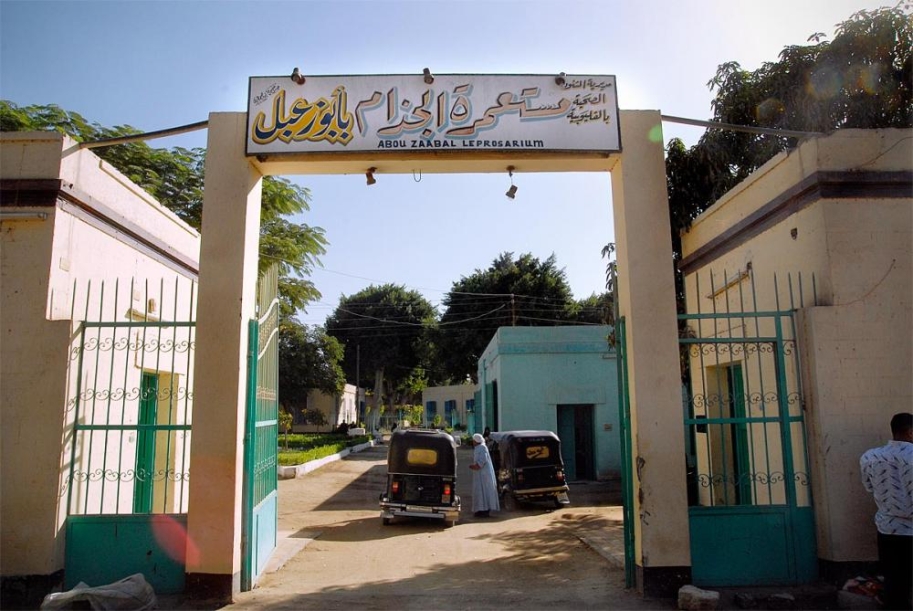

The leprosy colony Abu Zaabal in Egypt, 40km north of Cairo, was built in 1933 encompassing a hospital and agricultural land in order to be self-sustainable. The bacterium responsible for leprosy was discovered in 1873 by the Norwegian Dr Armauer Hansen. Until the 1930s, the illness was seen as uncurable and highly infectious. Left untreated, leprosy can be progressive, causing permanent damage to the skin, nerves, limbs and eyes. In fact leprosy is not highly infectious, as approximately 95% of people are immune and sufferers are no longer infectious after only a couple of days treatment.
Leprosy Colony Abu Zaabal in Egypt
Photographer: Claudia Wiens
Exhibit Title: Leprosy Colony Abu Zaabal in Egypt
Location: Egypt
Although leprosy is on the verge of extinction and nowadays a curable disease, there still remain some leprosaria or leprosy colonies as they are often called. Abu Zaabal, Egypt’s leprosy colony 40km north of Cairo, was built in 1933 and lepers were brought in by police and were not allowed to leave as isolation was seen as the only treatment. Now living conditions there with all necessary facilities are much better than in poor rural villages where most patients come from. Therefore the about 750 patients and another 3,000-4,000 cured lepers living in the adjoining Abdel Moneim Riad village don’t want to leave anymore. Also here they don't have to fear from stigma and horrible comments. This is not a story about suffering and misery, but rather about daily life in a forgotten micro-cosmos detached from and unknown by the world. Not even people in Egypt know about Abu Zaabal's existence.
A longer version of my story can be seen on my blog http://claudiawiens.wordpress.com/2009/02/12/leprosy-colony-abu-zaabal-in-egypt/
As I live in Egypt since 1999 and I speak Arabic I like to tell stories of people that are normally ignored. Often photojournalists on assignment don't have the time to get really close to people and especially if the lack of language creates another barrier. It frustrates me that people are more often than not protrayed as poor victims or have no voice at all. When I started to visit Abu Zaabal I didn't know what to expect because I couldn't free myself from stereotypes that I had learned through common articles about leprosy colonies. How big was the surprise to find people living normal lives like other people, laughing, crying, having affairs, being friends or disliking each other. They accepted my presence there quite easily and I became friends with many of them. Unexpectedly our conversations were never dominated by their disease but rather by normal daily topics. Leprosy is an integrated part of their lives and if only society in large could accept it that way there wouldn't any leprosy colonies exist any longer in our world.
Make Comment/View Comments